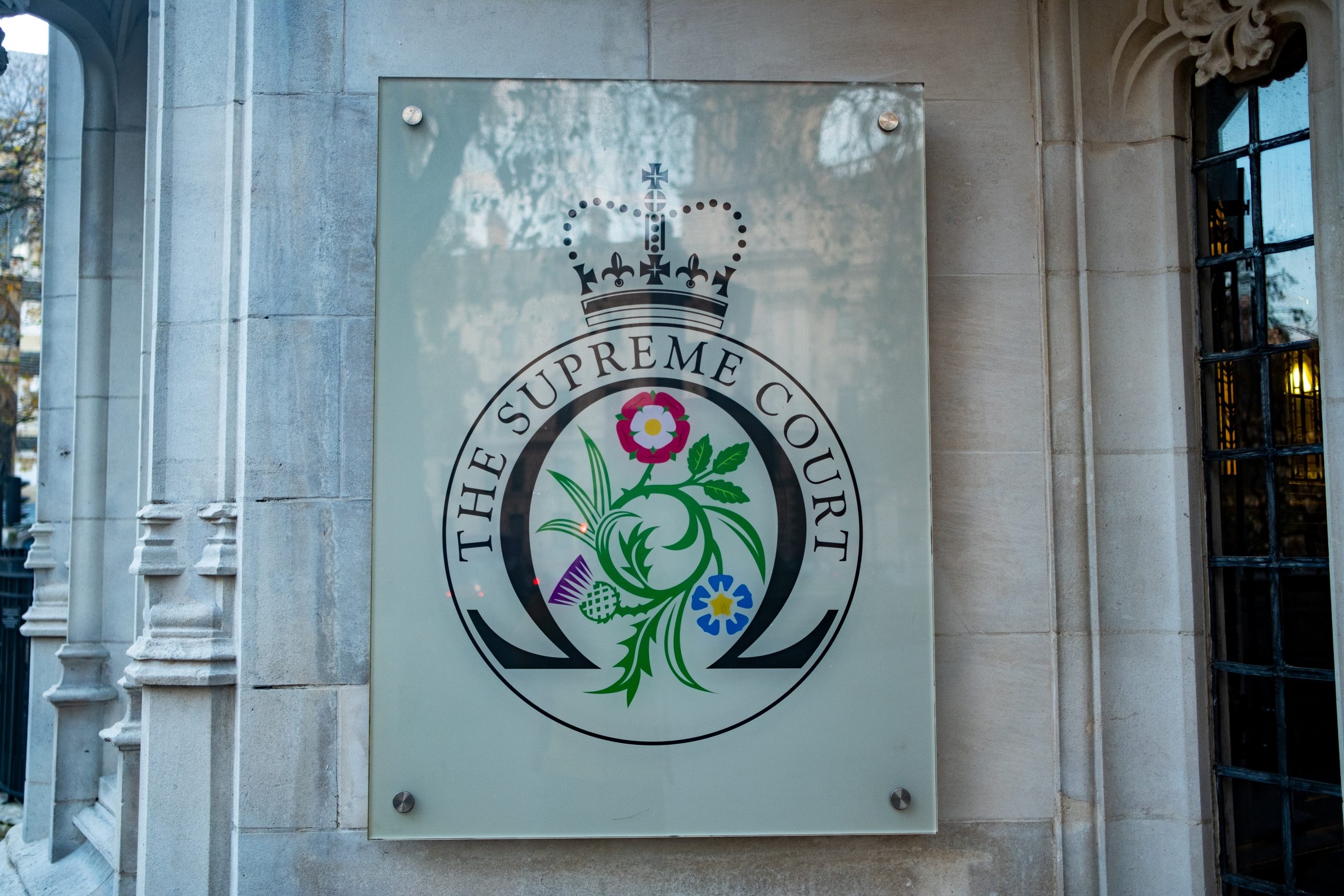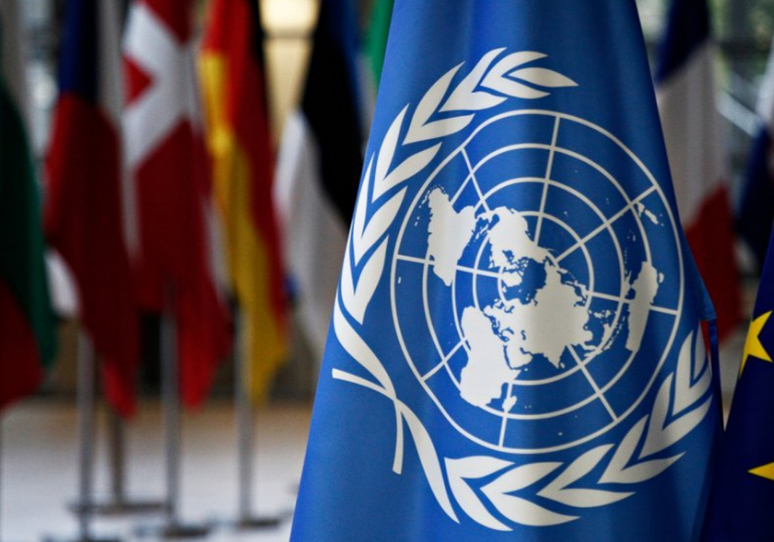
Featured News Articles
Media Law
18/12/2023
Supreme Court hears landmark defamation appeal by prominent British Muslim against Home Secretary
15/12/2023
International Law Guides: New Chapters
13/12/2023
Launch of the ‘Next Generation Media Lawyers’
12/12/2023
Statement By Nick Brown MP
11/12/2023
Carter-Ruck shortlisted in Women and Diversity in Law Awards: Gender Equality Initiative of the Year
10/12/2023
Carter-Ruck listed in the 2024 Spear’s Reputation Management Index
International Law
23/02/2024
Matthew Hedges and Ali Issa Ahmad vow to continue their fight for justice after UAE torture
20/12/2023
EU Council Reimburses Nizar Assaad’s Legal Costs After EU Court Annuls Unlawful Sanctions
15/12/2023
International Law Guides: New Chapters
13/10/2023
Carter-Ruck’s top tier status confirmed once again by the leading legal directories
05/09/2023
Foreign Office apologises to torture victim
10/08/2023
Al Jazeera files ICC request over Israeli killing of journalist Shireen Abu Akleh
Commercial Litigation
02/05/2023
Charles Enderby Smith joins the Partnership
12/10/2022
‘Simply the best’ – Carter-Ruck ranked across all four core areas by latest Legal 500 study
01/02/2022
Carter-Ruck promote Persephone Bridgman Baker to the Partnership
04/11/2021
Carter-Ruck is again recognised in The Times Best Law Firms 2022 listing for our core areas
27/10/2021
Mr Mohamed Taranissi and ARGC Topco Limited’s High Court Victory Against CBPE Capital Fund
23/01/2021
Legal 500 reports that Carter-Ruck ‘well deserves its fine reputation in commercial litigation’ in latest results




